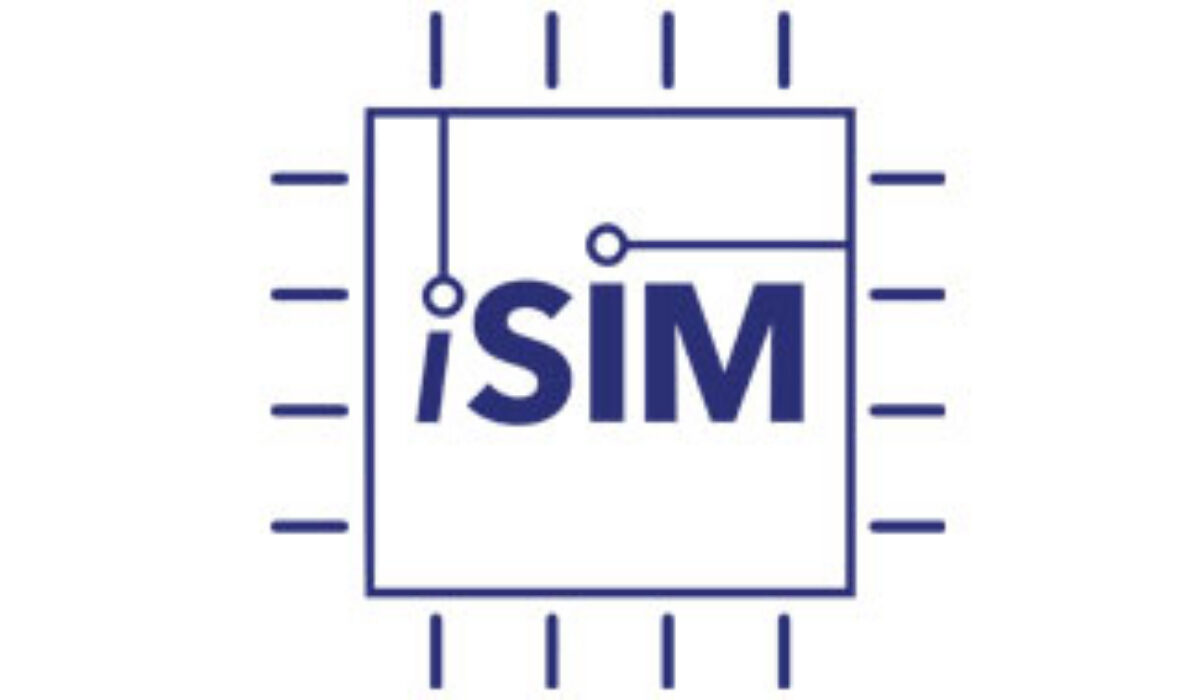The SIM card has progressed and become relatively smaller over the years, from the standard SIM size to mini-SIM, to micro-SIM, to nano-SIM. And then, the eSIM arrived, eliminating the need for a removable SIM card. The next iteration is iSIM, which stands for Integrated SIM.
What is integrated SIM technology? It is perhaps best explained in comparison to eSIM. With eSIM, the chip is built into the phone for SIM functionality and occupies some space, though it is a small space. With iSIM, the SIM card functionality is built into the primary processor of the phone, and so freeing up more space inside the phone for other uses.

Like eSIM, integrated SIM technology works without the need for the consumer to buy and swap SIM cards. All SIM provisioning is done wirelessly by the wireless carrier. So, if you need to use an iSIM phone, you don’t need to buy a physical SIM card. Your network operator will configure your line to that phone wirelessly.
Integrated SIM technology is fully compatible with 2G, 3G, 4G and 5G, and can be built into any connected consumer device e.g. smartphone, tablet, smartwatch, connected PC, tablet, etc. Any devices that require a SIM can be built to use iSIM instead.
What is the difference between iSIM and eSIM?
eSIM requires a separate chip built into the phone, tablet or other device, while iSIM has the SIM functionality built into the processor. There is no need for a separate chip.
Both eSIM and iSIM technologies do not require physical SIM cards.
Availability
Integrated SIM technology has been demonstrated by Vodafone, Qualcomm Technologies, and Thales. The three tech companies have showed a working smartphone featuring the new technology.
We can expect to see the first iSIM smartphones and devices any time from now, especially in wearables, which because of their small sizes most need the space freed up by the new technology.
Network providers here have stopped issuing eSIMs in Nigeria. I have tried so many times for my Pixel 4a but they keep saying no such service for now
Hello BSJD,
That is disappointing. Just when we thought we were moving forward in this area. Thanks for the update.